Yesterday I spent a few hours in my old home town Brussels for meetings.
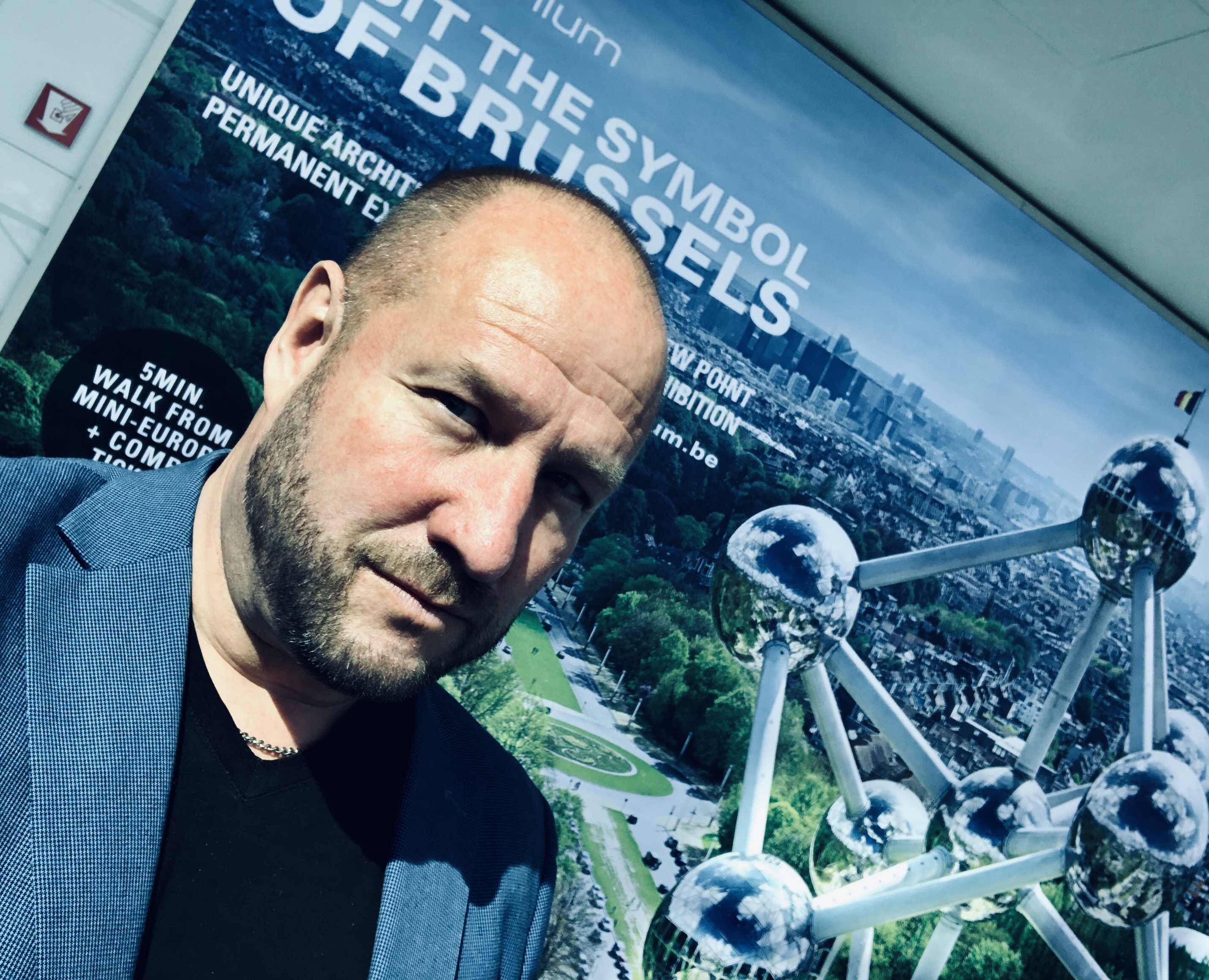
Im the evening I had a brilliant working dinner with one of my best friends & colleagues in the global village we call home, Dr. Alan Bersin. Two border crusaders fighting to make the world a better place. As always, when we meet, loads of new ideas on future plans for pioneer projects, strategic initiatives and academic articles. Plus the type of great time you only get when friends are catching up.

After some good meetings, and another night with only a few hours of sleep, it is time to get up in the air again. There is a world to save out there.
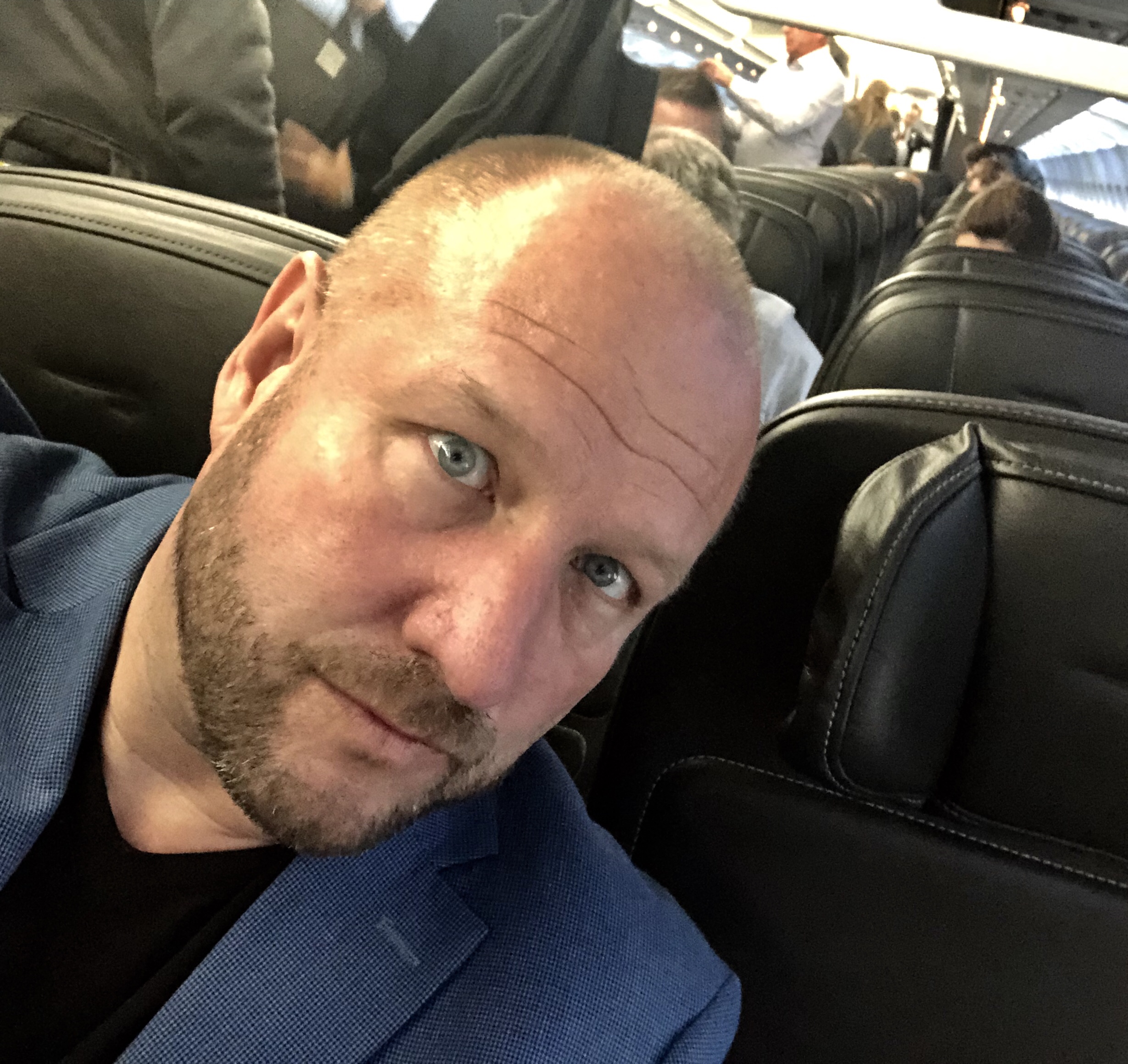
On to new adventures, new meetings, a graduation ceremony and an annuncement/project launch of an inititiative that we are very proud of. You want to know what it is? Watch out….
Sweden is embarking on a bus tour of the UK to reassure its 100,000 expatriates and British-based Swedish businesses worried about the threats posed by a hard Brexit.
Torbjörn Sohlström, the Swedish ambassador to the UK, said thousands of Swedes in the UK were concerned about their future right to remain in the UK. His “pop-up embassy” on wheels is designed to give them an opportunity to discuss concerns.
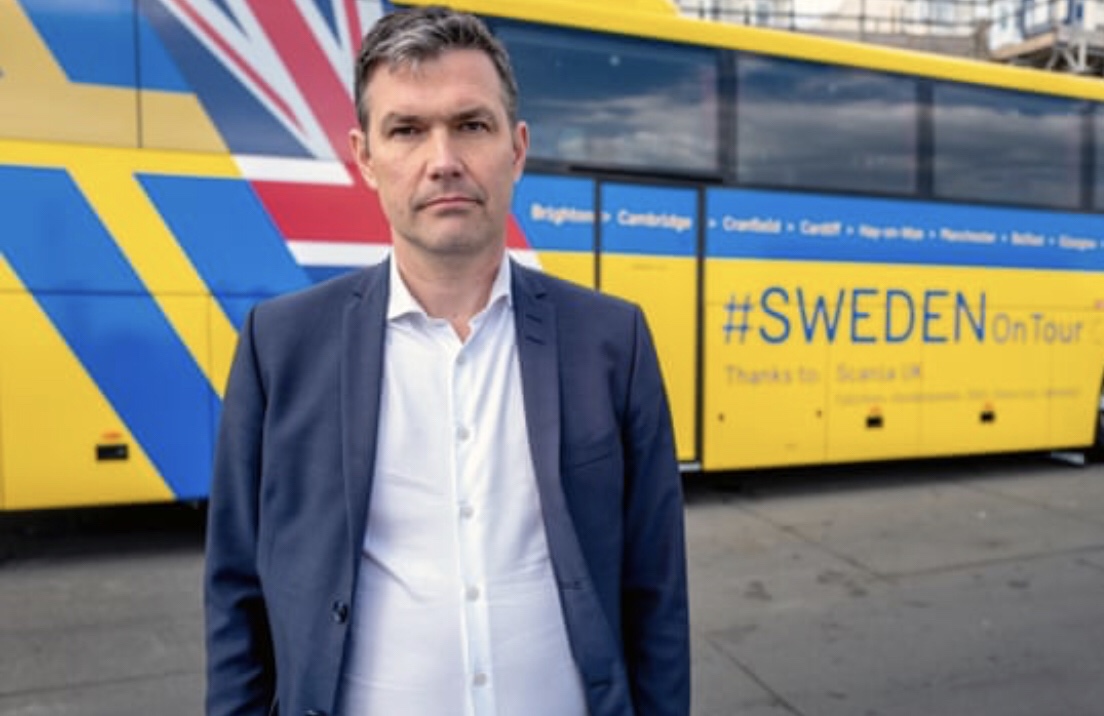
Sohlström kicked off the two-week tour in Brighton on Saturday, inviting the Brighton Gay Men’s Chorus to sing Abba hits 45 years after the Swedish foursome won Eurovision in the town with Waterloo. He said the UK-wide bus trip was as much about trying to reassure Swedish businesses as it was Swedish people living in the UK.
“Swedish companies believe in the UK, but I know of quite a lot of investments that are not taking place because of the uncertainty,” he said. “I speak to most of the big Swedish companies, and I know there are investment decisions that are not happening.”
Sohlström, who was appointed ambassador to the UK before the referendum but took up his post after the June 2016 vote, said concerns raised by Swedes were being echoed in the embassies of the other EU 27 countries.
“It is similar for every embassy,” he said. “Even if there are guarantees, there are a lot of questions about citizens’ rights.”
Sohlström said concern was heightened last week when thousands of UK-based EU nationals were unable to vote on Thursday, despite having done everything they could to register.”
More than 1,000 Swedish companies have operations in the UK, employing more than 100,000 UK workers. The biggest are Ikea, which employs 12,000 people, clothing company H&M and security firm Securitas.
Others include truck and bus manufacturer Scania – which built the blue and yellow bus in which Sohlström is touring the UK offering coffee and cinnamon buns to anyone interested in Sweden – and Stena Lines, the ferry company that will take the bus from Scotland to Belfast. Fjällräven backpacks are being given away as prizes.
After Brighton, the bus will head to Cambridge to visit the headquarters of AstraZeneca, the FTSE-100 listed pharmaceuticals company. “If there is one company which represents the strong links between our two countries it is AstraZeneca,” Sohlström said. The firm was created in 1999 through the merger of the Swedish Astra AB and the UK’s Zeneca.
Sohlström said he was in talks with the UK government about how to keep trade going between Sweden and the UK in the event of a hard Brexit, but that it would be difficult if the UK did not retain strong ties to the EU.
Britain is Sweden’s fourth largest export market, worth 140bn Swedish kronor (£11.5bn). The value of exports almost doubled between 2012 and 2017. Sweden is the UK’s eighth largest export country, with £10.9bn of UK goods and services sent to Sweden every year.
London has the biggest Swedish population of any city outside Sweden, and the UK has long been the preferred destination for Swedes moving overseas or as a base to expand businesses internationally.
“London is often their first step out into the world. They [Swedes in the UK] have built their lives here, been very successful and they make a real contribution,” he said.
The Swedish “reassurance tour” will also visit Edinburgh, Glasgow, Cardiff and Manchester.
Source: The Guardian
In ten years, the world have moved from zero-equal countries to six, the World Bank says in a new report on economic equality. Sweden gets full score on the World Bank’s gender equality scale, along with Belgium, Denmark, France, Latvia and Luxembourg.
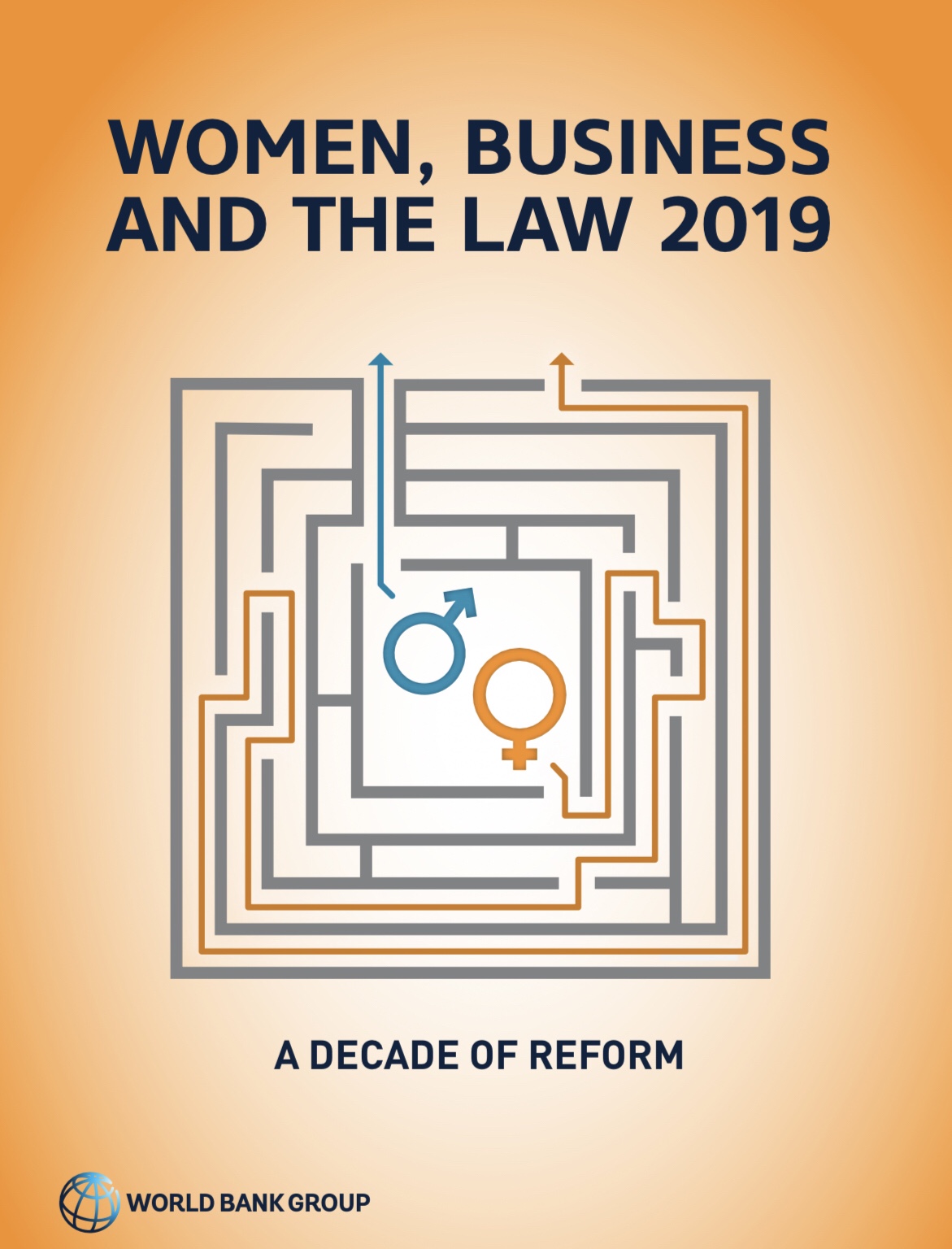
The focus of the study is to investigate how it stands in the world when it comes to economic equality. The World Bank has looked at several aspects, how it is for women and men to go to different places, how to control their assets, how the working conditions, pension and wages look, and areas related to marriage and children in 187 countries.
“We have looked at different choices that women must make during their lives and how laws and restrictions make it more difficult for women precisely because they are women,” says Rita Ramalho, head of the World Bank’s data collection and one of the co-authors of the report “Women, Business and the Law 2019: A Decade of Reform “.
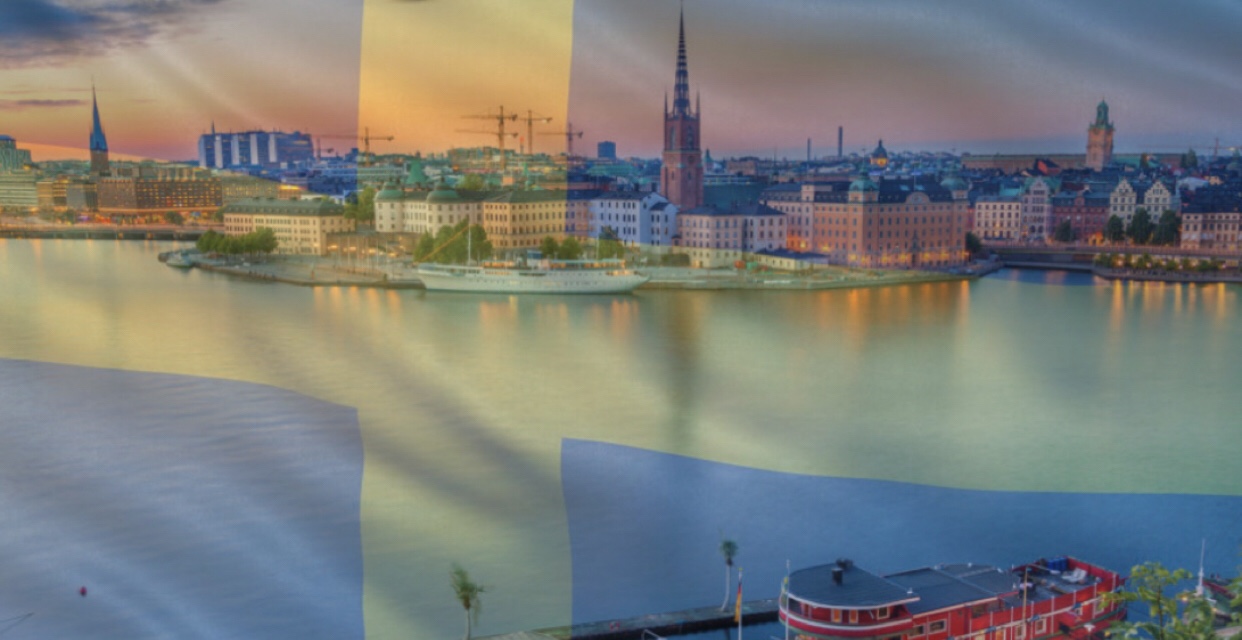
During a ten-year period, the data has been collected. When in 2009, there was no country in the world that met the criteria required to be defined as an equal country. This year, six countries achieve full equality in the aforementioned areas: Belgium, Denmark, France, Latvia, Luxembourg and Sweden.
Over the past decade, 35 countries have introduced laws against sexual harassment in workplaces and 22 countries have removed restrictions that hinder women in working life. But it is France that has made the biggest already when it comes to gender equality in the country, it says in the report.
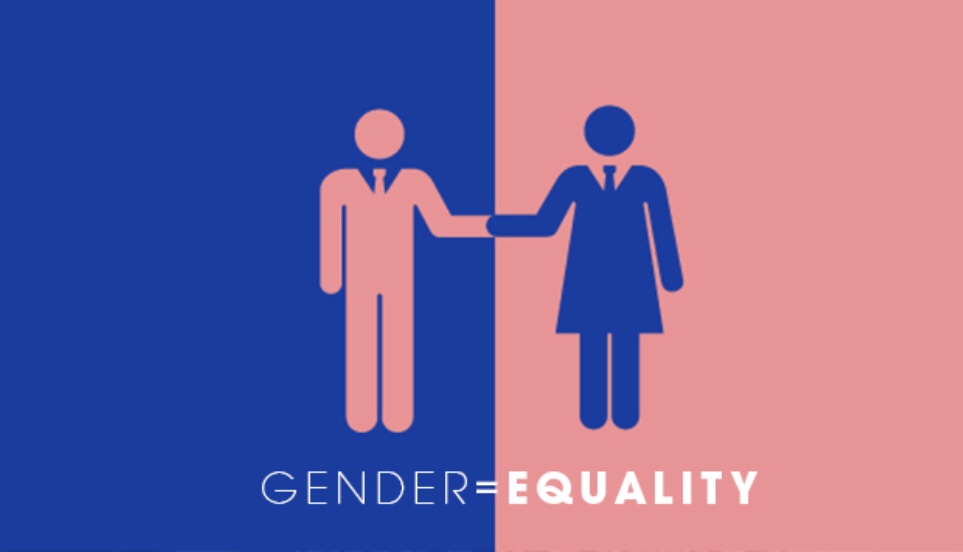
“It does not mean that there is no room for improvement. For example, there are still large pay differences left”, says Rita Ramalho.
Even though economic inequality is diminishing, women still have just over 75 percent of men’s economic rights and opportunities, the World Bank shows.
Countries make money from equal rights
What the report does not collect data on are the social and cultural aspects that exist in different countries and how laws are maintained.

Equality also looks different in different parts of the world. In some countries in the Middle East and Africa, women do not even have half the rights of men. But in southern Asia, for example, the results showed improvements.
“We need to inform and make people more aware that countries are losing money by not giving equal rights to women. In addition to giving equal rights to women, this also has an economic value, which increases among other countries’ GDP”, says Rita Ramalho.
But it’s not a quick way to a fully-fledged world, CNN notes. Based on the World Bank’s most recent report, the American TV channel has calculated that it will be until 2073 before women become completely equal in the areas that the report measures.
You can read the World Bank report here: WOMEN, BUSINESS AND THE LAW 2019






You must be logged in to post a comment.